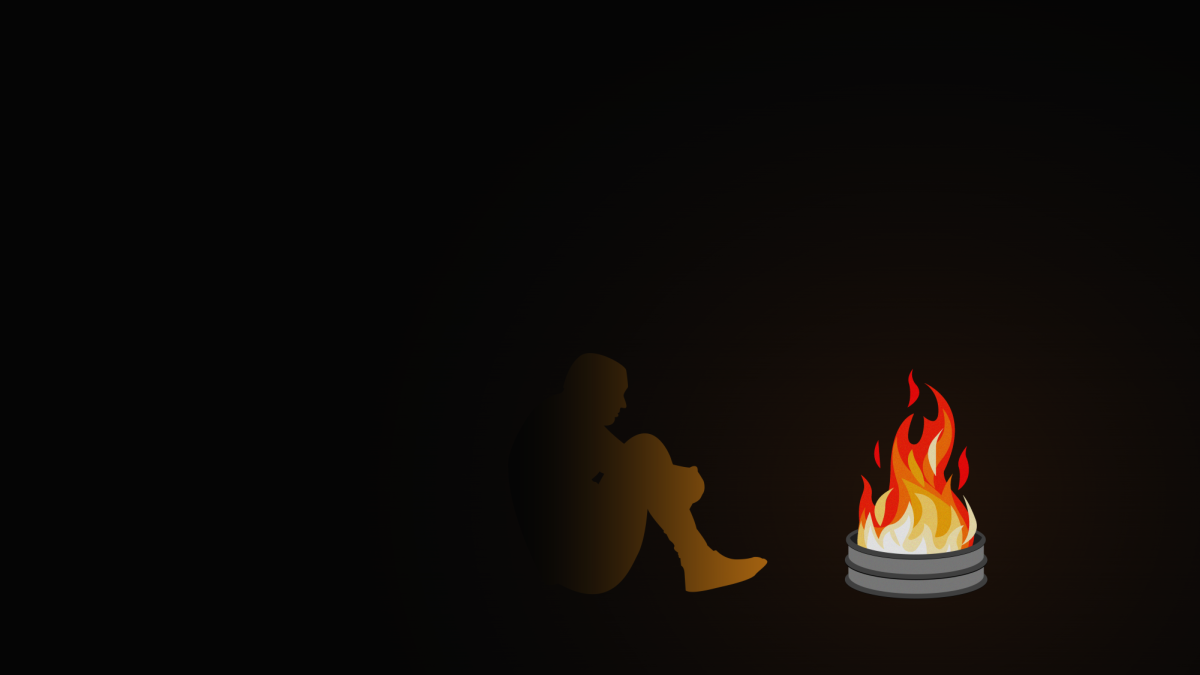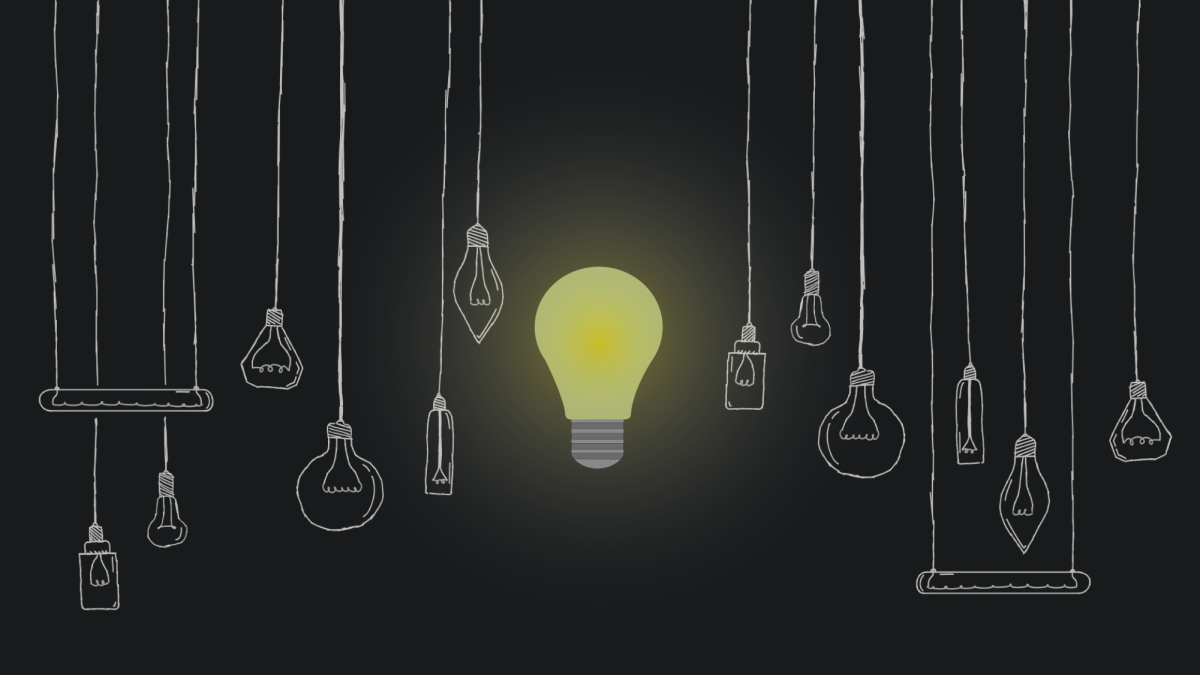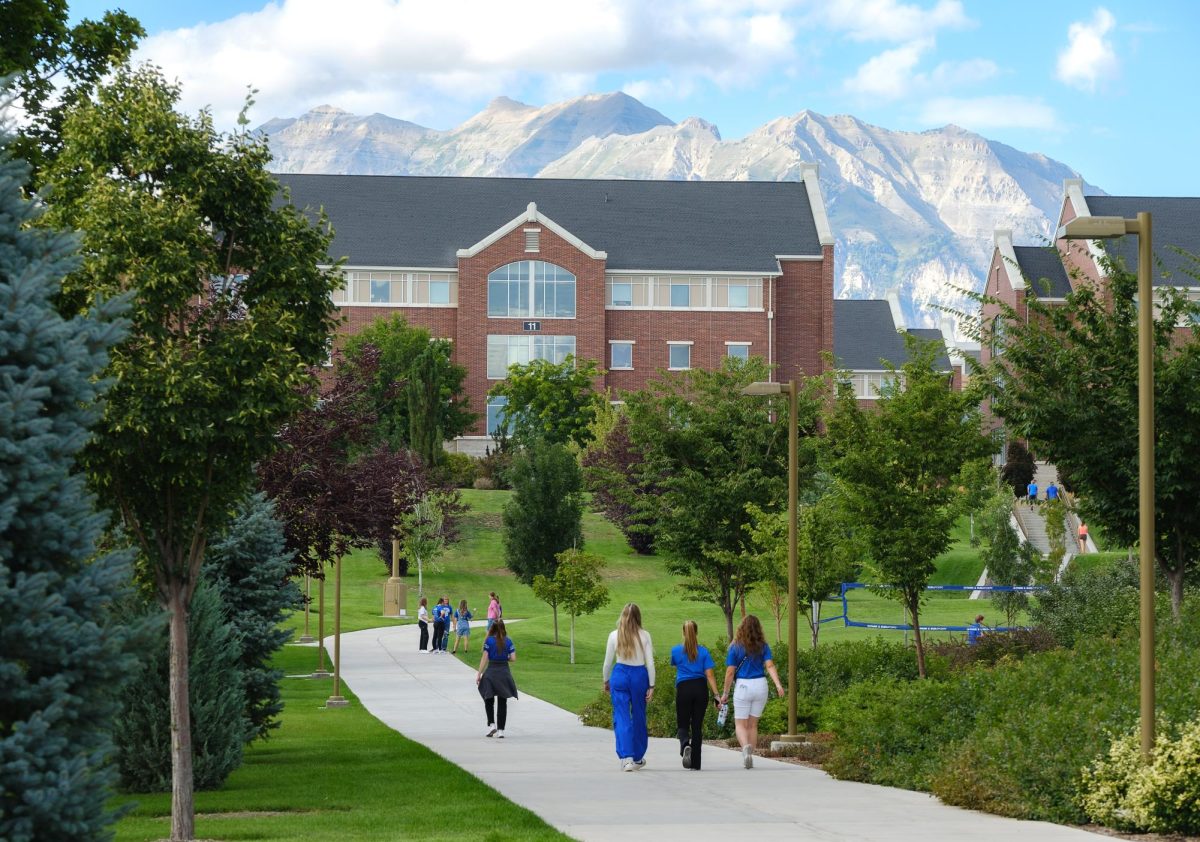Private schools have long been a part of American society. Yet, even as protections against discrimination evolve on a federal level, their accountability standards have scarcely changed. A recent update to Brigham Young University’s honor code included a change to a segment on sexuality: “Living a chaste and virtuous life also includes abstaining from same-sex romantic behavior.” This version of the school’s code takes an objective approach to what the administration deems to be an acceptable life.
With the conclusion of Utah’s legislative session this past winter, a bill was passed that will authorize government funding of private schools — something a salary increase for underpaid teachers is also contingent upon. From its K-12 schools to the well-recognized institution of BYU — a university owned by the Church of Jesus Christ of Latter-day Saints — private education has significant influence in the state. This institution has problematic effects on a national scale. In Utah, which has historically struggled to balance separation between church and state, the effects of private education are particularly relevant.
Accountability standards in the private sector must be improved, as they are actively allowing government-permitted discrimination.
The Rise of Private Education
While private education had been a part of society since colonial days, it began to differentiate itself politically during the Civil Rights era. In the 1940s, private school enrollment skyrocketed to avoid racial integration efforts in the South. Between 1954 and 1964, the South systematically redirected public funds, and Georgia passed a bill that allowed taxpayer money to sponsor private students’ enrollment. While public schools did eventually start posting obligatory non-discrimination statements, inequality in education was far from over.
A perceived merit of private education is its capacity to tailor schooling to meet families’ needs or values. At the same time, it has allowed children and young adults to be subjected to an environment that is physically or emotionally unsafe. Utah is notorious for its emphasis on “school choice.” This is a system that gives the economic elite the option to align their children’s education with their personal values and widens inequality.
In January’s legislative session, the “Utah Fits All Scholarship” passed with a $42 million voucher bill — the largest in state history. The scholarship will provide an $8,000 scholarship to qualifying private school students, which is nearly double Utah’s weighted pupil unit of $4,038 for public school students. I have worked in public K-12 schools throughout the Salt Lake School District and have witnessed firsthand the lack of teacher and student support that many face. Allocating such a significant amount to fund just private school students — yet too little to fund an average $11,000 annual tuition for low-income families — is utterly disrespectful.
A nation and state that values a free quality education for all students should never ask community members to fund schools which have the capacity to discriminate against them.
Accountability Standards for Private Schools
The U.S Department of Education’s Office for Civil Rights (OCR) protects against unlawful discrimination in public schools based on race, national origin, sex, disability and age. This also applies to LGBTQ+ individuals. The same does not apply to private schools. Private education offers few statutory protections against discrimination on the basis of sex, sexual orientation, gender identity and race.
OCR can intervene in discrimination claims — but only if the claim falls in their jurisdiction. Private schools that do not receive any federal funding, as well as many religious schools, are exempt from many accountability standards. This includes sex discrimination laws like Title IX. It is nearly impossible to find protections against unlawful discrimination in the realm of private education.
While private education is a choice that many make, others feel pressured into it, or are enrolled as children. This makes potentially harmful situations even more significant, as those who lack information or alternatives may be subjected to legitimate discrimination with no recourse.
BYU specifically has encountered many Title IX complaints. In response, BYU states an addendum in Title IX: “Title IX also states that it ‘shall not apply’ to a religious institution to the extent that Title IX requirements are not consistent with the religious tenets of the institution’s controlling religious organization.” Religious freedom protections were designed to protect against prejudice. However, they do not grant permission to threaten anyone’s unalienable rights to life, liberty and the pursuit of happiness. Religious agency does not excuse discrimination.
Zoë Jarvis, a transfer student from BYU to the University of Utah, described how the private institution affected her experience as a queer person. Jarvis described it as an uncomfortable and stressful environment in which her grades suffered. Referring to recent investigations into BYU’s commitment to observing Title IV, Jarvis reiterated some concerns. “I don’t think that it being a private institution allows it to be bigoted,” Jarvis said. “[This discrimination] is an actual barrier to learning.”
When it comes to protecting students and community members, Jarvis takes a strong stance. “Nobody should be exempt from human rights. There is no reason that any institution should be allowed to have policies that hurt people,” Jarvis said. A private institution may operate on the basis of personal morals and face no repercussions for the danger it poses to students. We are left then with what is essentially a series of legal loopholes to discrimination.
Religious freedoms and the right to access private education have always been valuable to our society. However, it is vital to recognize the consequences of prioritizing religious liberty over human rights. Private institutions are able to justify or even initiate unlawful discrimination, which everyone should be protected against.
Religions should be free to operate as they believe, as is a valuable part of our constitution. But, when it begins to affect the integrity of education and the welfare of students, we must reconstruct our system of accountability. Prioritizing the freedom to believe is critical, but leading with the freedom to exist without fearing one’s own identity must take precedence.




















Noah • Sep 17, 2023 at 8:51 pm
I’m not sure if I’m reading this right, but under the presumption that religious institutions can receive federal and or state funding (which was essentially double per capita of public education), it rather seems we are on the precipice of creating church and state. And how in the world does ANY institution that doesn’t follow equality guidlenes get ANY form of federal or state funding. Equal rights is not a figure of religious rhetoric, it is a necessity provided by the state. A state that does not do its best to ensure absolute equality everywhere is a failed state anywhere.